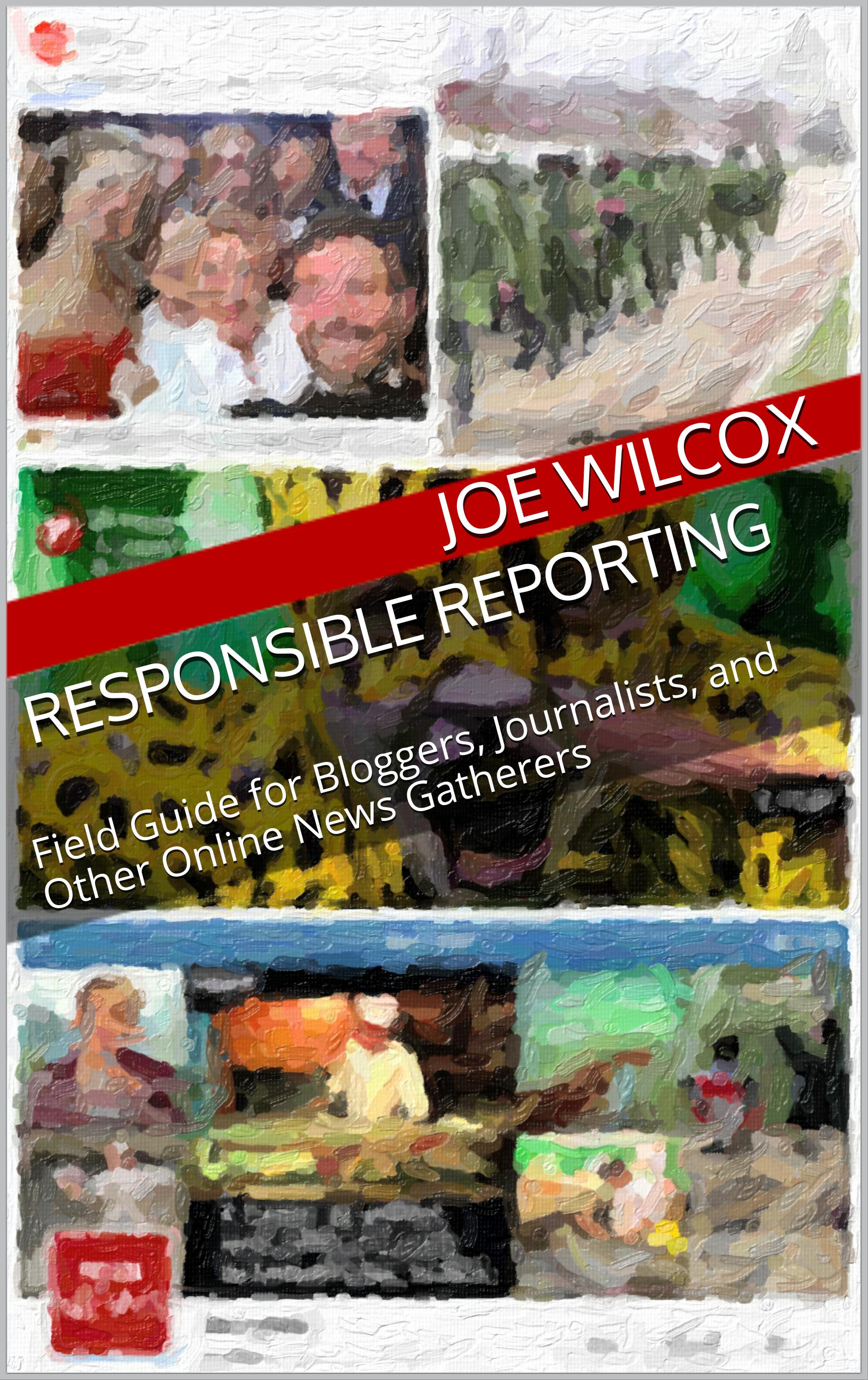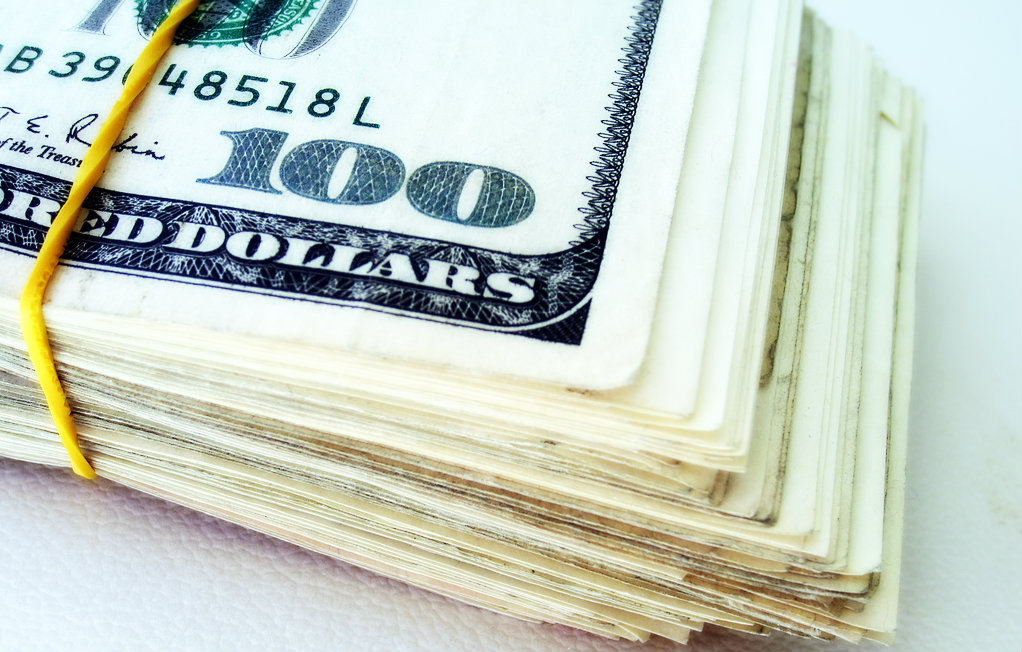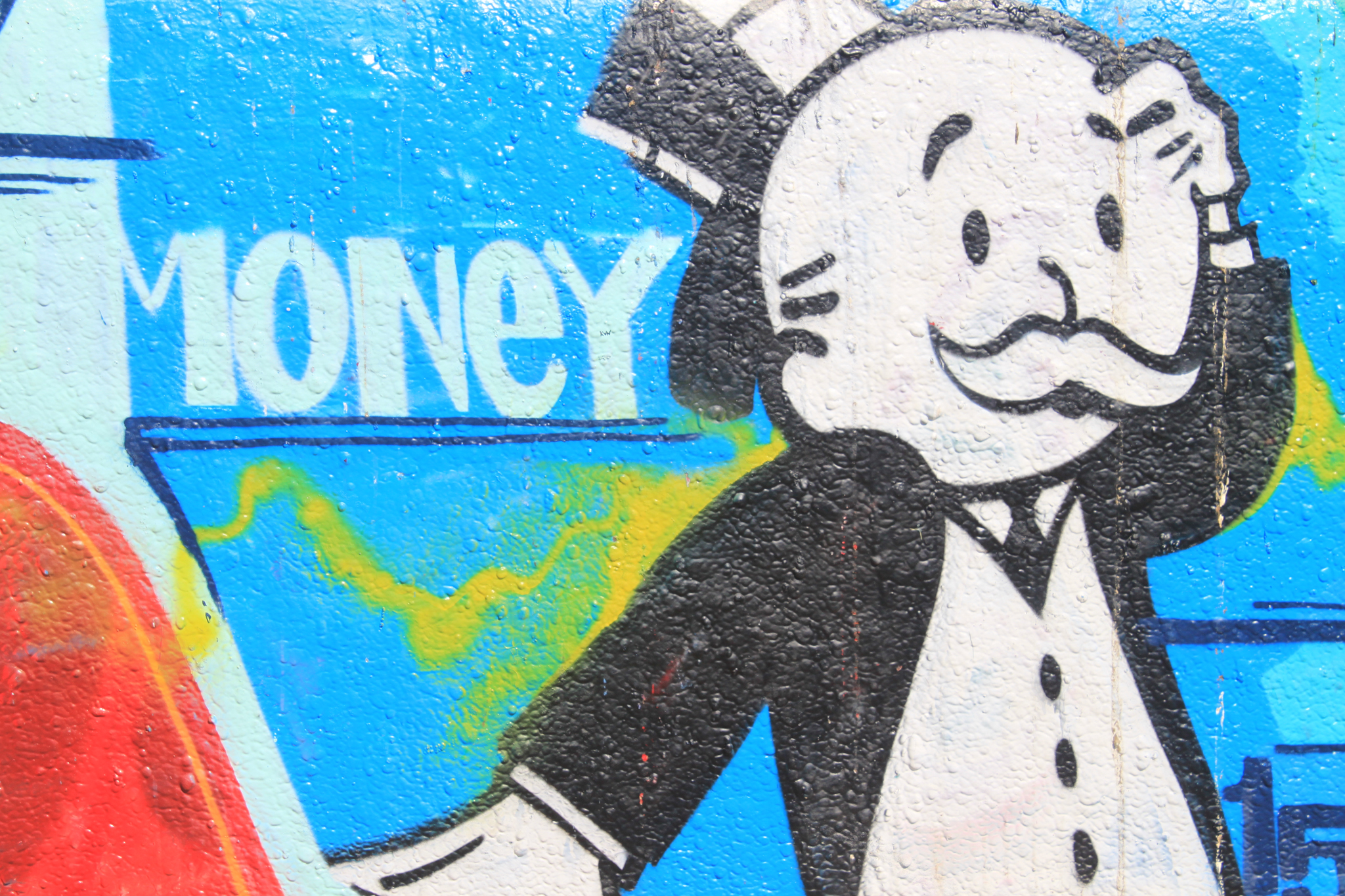Earlier today I explained my recent “Chilling Chromebook” writing approach, which seemingly contradicts my more pro position taken throughout 2013. Simply stated: My stance seeks to counterbalance sudden media fan frenzy—bloggers and journalists relating the same points of view because they think it’s vogue. There is too much me-too enthusiasm, rather than real reporting.
The recent rah-rah rash of “Chromebook is better than sliced bread” blog posts and news stories represent two types of contextually-relevant journalisms: advocacy and mob. Both get considerable treatment in my new book Responsible Reporting: Field Guide for Bloggers, Journalists, and Other Online News Gatherers.









